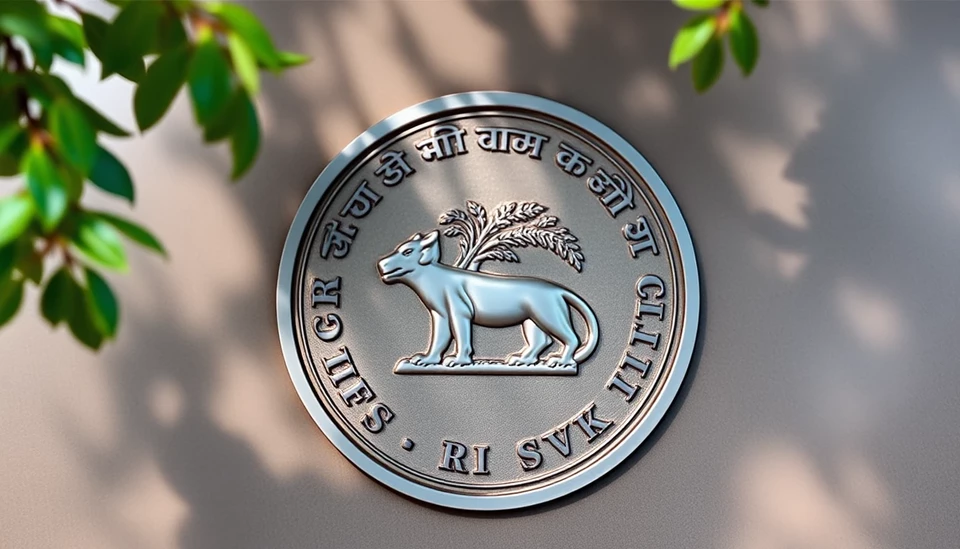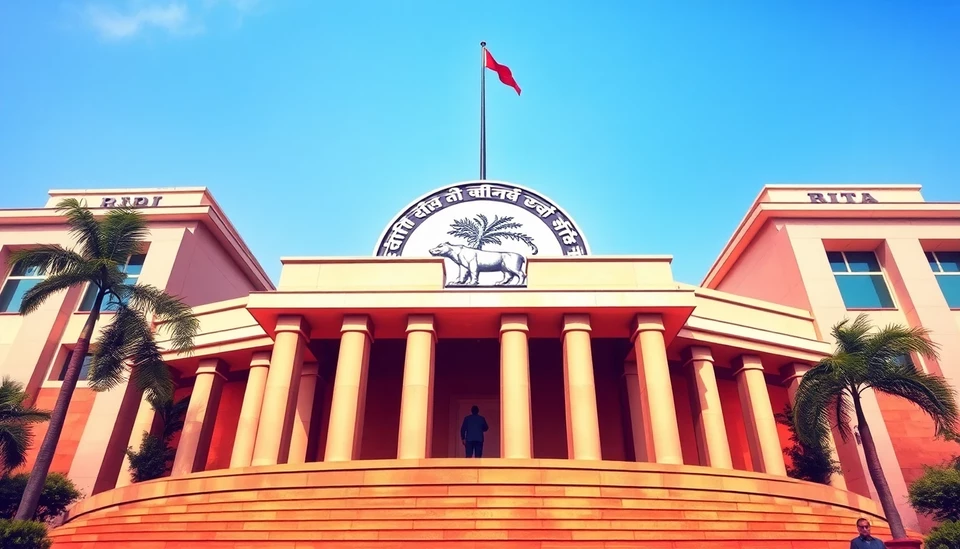
Eni Adjusts Financial Outlook: Forecasts Lower Cash Flow Amid Strategic Cost-Cutting Measures
In a recent announcement, Eni SpA, the renowned Italian energy giant, has revised its forecast for cash flow, predicting a decline due to the ongoing challenges posed by a fluctuating energy market. Despite this setback, the company remains committed to its shareholder rewards program, keeping its stock buyback initiative intact by implementing a series of cost-reduction strategies.
Continue reading
Boeing's Financial Recovery: Cash Burn Eases as Production Stabilizes
Boeing has reported a promising improvement in its financial performance, as its cash burn rate has notably decreased amidst stabilizing aircraft production rates. This transition comes as a welcome relief for the aerospace giant, which has been plagued by various challenges over the past few years due to the pandemic and supply chain disruptions.
Continue reading
RBI's Strategic Cash Infusion Drives Down Borrowing Costs in India
The Reserve Bank of India (RBI) has embarked on a significant monetary policy shift, introducing a cash infusion strategy that markedly reduced borrowing costs across the economy. This proactive approach comes as a response to both inflationary pressures and the need to stimulate growth in an ever-evolving financial landscape.
Continue reading
India's RBI Opts Out of Key Cash Tool for the Second Time, Sparking Policy Shift Speculations
The Reserve Bank of India (RBI) has notably decided to bypass a critical cash management tool, stirring conversations about its implications for monetary policy. This marks the second consecutive quarterly meeting where the RBI has chosen not to utilize the cash reserve ratio (CRR) as a monetary policy instrument, igniting speculation regarding the central bank's direction amid evolving economic conditions.
Continue reading
The Future of Money: Digital Euro Will Coexist with Cash, Says Panetta
In a recent discussion, Fabio Panetta, a prominent official at the European Central Bank (ECB), addressed growing concerns among the public regarding the introduction of the digital euro and its potential impact on cash transactions. Contrary to fears that a digital currency may lead to the eradication of physical cash, Panetta asserted that the digital euro would be designed to complement, not replace, traditional paper money.
Continue reading
Swiss National Bank's Tschudin Advocates for Cash alongside Instant Payment Innovations
In a recent statement, the Swiss National Bank (SNB) board member, André Tschudin, emphasized the enduring importance of cash in the modern economy despite the rapid rise of instant payment technologies. Tschudin's remarks come at a time when digital transactions are becoming increasingly preferred by consumers, posing a challenge to the traditional role of physical currency.
Continue reading
RBI to Continue Record Cash Infusion Amid Global Economic Uncertainty
The Reserve Bank of India (RBI) is anticipated to maintain its unprecedented cash injection into the economy as fears of a global financial downturn loom larger. This decision comes during a critical juncture, as various economic indicators suggest a turbulent landscape not just in India, but across the globe.
Continue reading
Corporate America's Cash Stash: A Shift from Buybacks to Tariff Preparedness
In a transformative shift within Corporate America, companies are increasingly hoarding cash reserves to brace themselves for potential tariff impacts rather than engaging in stock buybacks. Recent data reveals that the trend towards retaining earnings is reshaping the financial landscape, as businesses prioritize long-term stability amidst economic uncertainties.
Continue reading
PBOC Set to Unleash Stimulus Amid Tariff Uncertainties and Cash Flow Concerns
The People's Bank of China (PBOC) is expected to roll out new economic stimulus measures in response to looming tariff risks and emerging cash shortages within the nation’s financial system. This anticipated move comes as several indicators point toward a slowdown in economic activity, prompting analysts and policymakers alike to brace for significant interventions to stabilize the market.
Continue reading
Robinhood Sets Sights on Becoming Your Go-To Bank Beyond Meme Stocks
In a significant pivot from its initial reputation as a platform primarily for trading meme stocks, Robinhood is now aiming to establish itself as a comprehensive banking solution. The company has announced ambitious plans to expand its financial product offerings, venturing into areas traditionally dominated by conventional banks.
Continue reading